Eventos
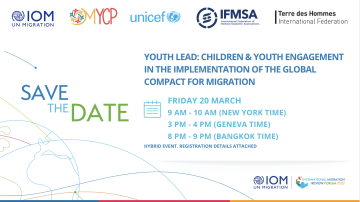
This side event will highlight and discuss the role of children and youth in the implementation of the Global Compact for Migration, and the importance of consulting, collaborating, empowering and engaging them as change agents in ways that enhances their ability to participate in innovation and
Co-convened by UNU-CPR and OHCHR, this event brings together high-level speakers from the UN, OECD, academia and civil society to deepen academic and policy understandings of the relationships between migration and inequality, focusing on the implications of these relationships for the
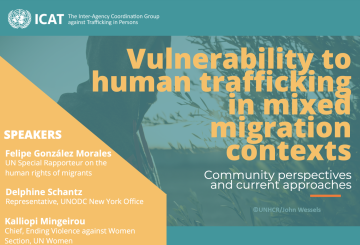
An underlying objective of the international community when it adopted the Global Compact for Safe, Orderly and Regular Migration (GCM) was to mitigate the adverse drivers and structural factors that hinder people from building and maintaining sustainable livelihoods in their countries of origin
This event shares learnings and best practices derived from grassroots initiatives from the Philippines, Hong Kong, Lebanon, Jordan, Mexico, and Colombia seeking to meet migrants’ communication and information needs, such as access to information, access to media technology and connectivity, fair
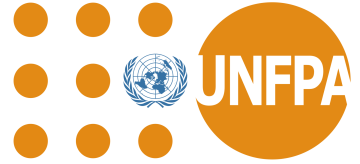
The aim of the side-event is to share the key findings and recommendations from phase 2 of the UNFPA-MMC/DRC study on youth mixed migration and it will feature evidence on the reasons and aspirations for migration among young migrants in West Africa, their exposure to violence, interactions with

This interactive virtual event seeks to provide an overview of the progress, challenges, and suggestions going forward on 15 out of the 23 objectives of the GCM. Discussions will encourage the identification of opportunities for further progress and cooperation. Through the event, all the
The aim of the side event is to provide concrete examples of promising practices and potential ways forward on this under-addressed element of the GCM, emphasizing the need for regional cooperation and the important role being played by national organizations and sub-regional and regional bodies

UN-Habitat, IOM and UNHCR propose to establish a dialogue with mayors and civil society from different cities in Latin America on the role cities can play in the inclusion of refugees and migrants. The 2030 Agenda and the NUA identify both the need to overcome all forms of segregation
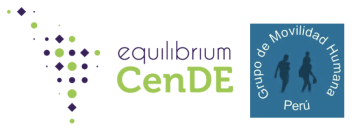
The Venezuelan exodus is impacting Latin America and the Caribbean (LAC) at a magnitude and speed never seen before. Since 2015, over 6 million people have left Venezuela, making it the second largest migration crisis in the world. Colombia has received the highest number of migrants and refugees

This side event is a unique opportunity to show how Member Countries of the Regional Conference on Migration (RCM), one of the oldest and most active regional consultative processes (RCPs) in the world, use the Global Compact for Safe, Orderly and Regular Migration (GCM) to identify regional
This side event, co-sponsored by the governments of Canada, Ecuador, Germany, Mexico, and the Philippines, in partnership with the Women in Migration Network and the Gender + Migration Hub, brings together stakeholders around the goal of building capacity for the operationalization and

The event seeks to promote joint learning about initiatives that are being promoted by NHRIs to protect the rights of migrants, with a particular focus on gender and childhood. GUIDING PRINCIPLES OF THE GLOBAL COMPACT THAT JUSTIFY THIS SIDE EVENT HUMAN RIGHTS VIEW: The Global Compact is based on

The President of the 76th Session of the United Nations General Assembly, and the United Nations Network on Migration, will co-organise a side-event on the Migration Multi-Partner Trust Fund (Migration MPTF) in the margins of the International Migration Review Forum (IMRF). Building on the

The Global Compact for Safe, Orderly and Regular Migration(GCM) rests on the Universal Declaration of Human Rights and the international human rights instruments. At its core, the GCM recognizes that safe, orderly and regular migration is only possible when migrants’ rights and dignity are upheld
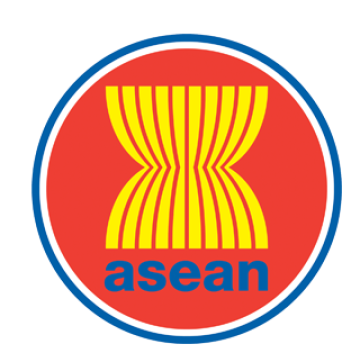
The proposed side-event will support the discussions of the International Migration Review Forum by providing an original, sub-regional perspective on how to advance the implementation of the Global Compact with a particular focus on the GCM’s guiding principle of child-sensitivity. The side-event
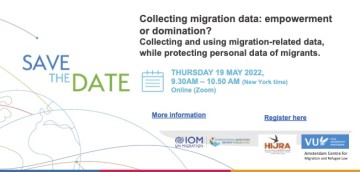
This side-event aims to reflect and increase awareness about the importance of migrants’ privacy when implementing Objective 1 of the GCM (collect and utilize accurate and disaggregated data as a basis for evidence-based policies). This Objective is implemented by the African Union through the
Since the Regional Reviews were divided in the five United Nations regions and did not comprise of cross-regional components on potential collaboration across regions to accelerate the GCM implementation, The side event will address the common priorities in Africa and Arab regions and discuss cross
Over two years since the COVID-19 pandemic shut down cross-border mobility, most countries are rapidly re-opening for travel. Yet there has been no global stock-taking on whether border and mobility policies worked in reducing the spread of the virus. Instead, a complex web of border closures and
This side-event aims to share with the wider audience the Dublin Declaration and to encourage more countries to adhere to the ambitious Agenda of Action that the Declaration sets out. The presentation will be followed by a discussion with the audience on how the Outcome Document can concretely
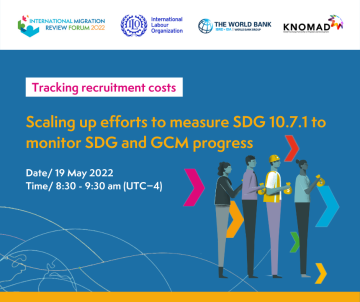
Tracking recruitment costs: scaling up efforts to measure SDG 10.7.1 to monitor SDG and GCM progress
The high recruitment fees and related costs incurred by migrant workersto access jobs abroad are serious impediments to migrants’ enjoyment of human and labour rights and migration development outcomes. This is also recognized as a critical factor that heightens workers’ exposure to trafficking and
Pagination
About the Migration Network Hub
What is the Migration Network Hub?
The Hub is a virtual “meeting space” where governments, stakeholders and experts can access and share migration-related information and services. It provides curated content, analysis and information on a variety of topics.
The Hub aims to support UN Member States in the implementation, follow-up and review of the Global Compact for Migration by serving as a repository of existing evidence, practices and initiatives, and facilitating access to knowledge sharing via online discussions, an expert database and demand-driven, tailor-made solutions (launching in 2021).
Submit your content
What content is displayed in the Hub?
The Hub aims to help you find information on migration, ranging from policy briefs and journal articles, existing portals and platforms and what they offer, to infographics and videos. The different types of resources submitted by users undergo peer review by a panel of experts from within the UN and beyond, before being approved for inclusion in the Hub. To provide guidance to users based on findings of the needs assessment, the content is ordered so that more comprehensive and global resources are shown before more specific and regional ones. Know a great resource? Please submit using the links above and your suggestion will be reviewed. Please see the draft criteria for existing practices here.
Apply to join the Peer Review Roster
Content submitted to the Migration Network Hub is first peer reviewed by experts in the field from both the UN and beyond. Applications are welcomed to join the roster on an ongoing basis. Learn more here.
Contact us
We welcome your feedback and suggestions, please contact us
*Todas las referencias a Kosovo deben entenderse en el contexto de la Resolución 1244 [1999] del Consejo de Seguridad de las Naciones Unidas.
Newsletter
Subscribe to our newsletter.